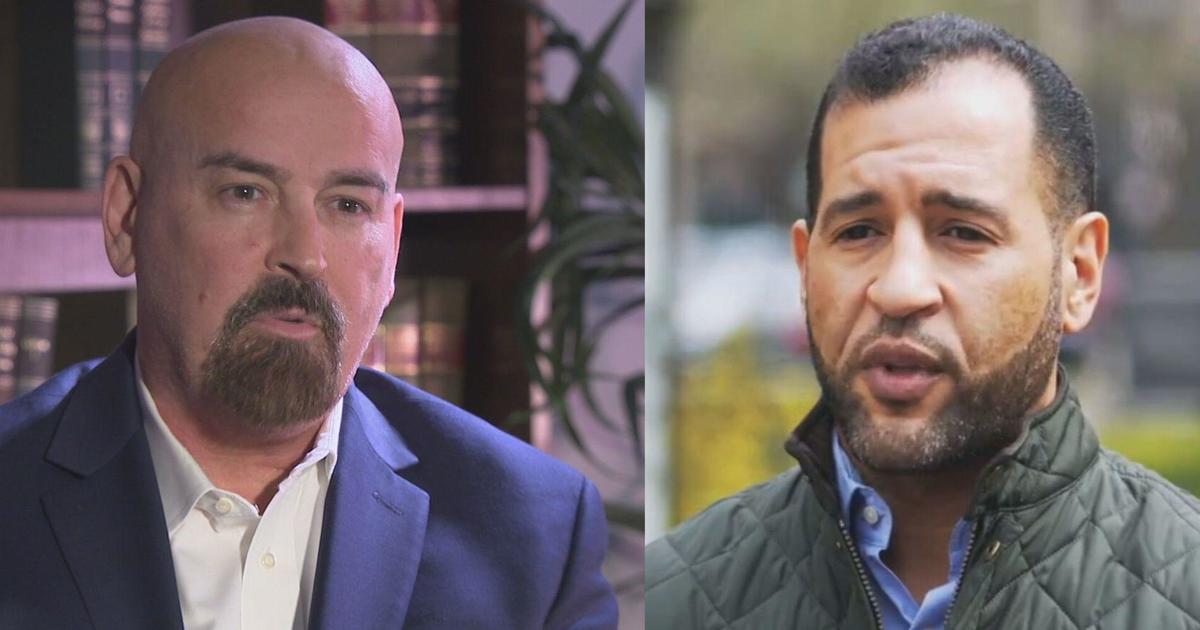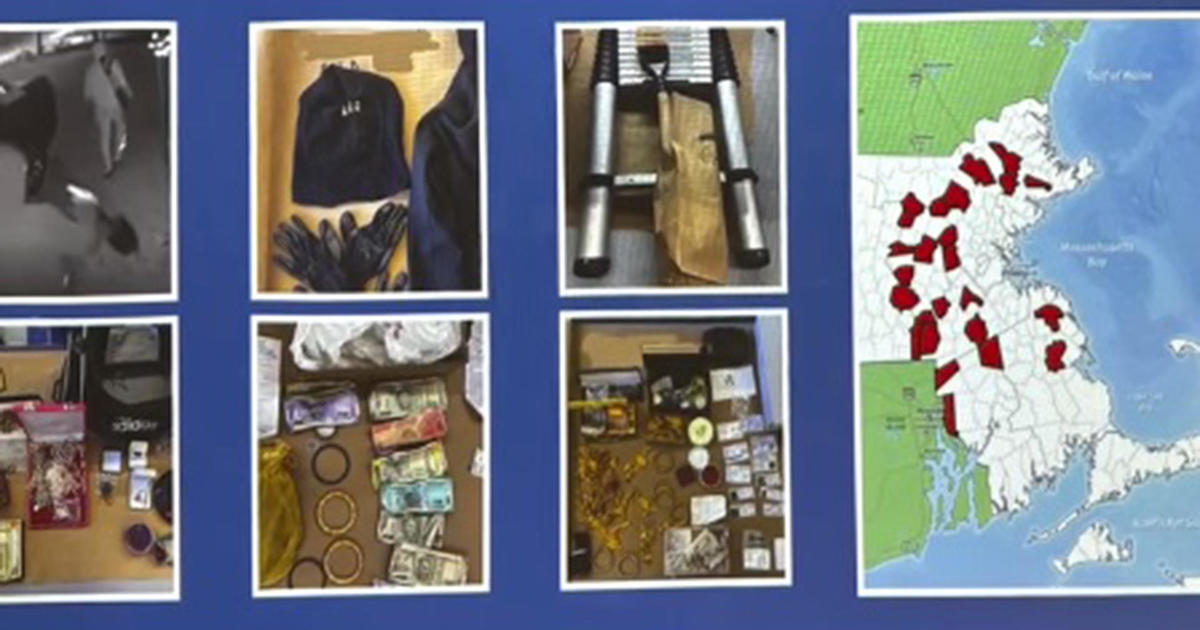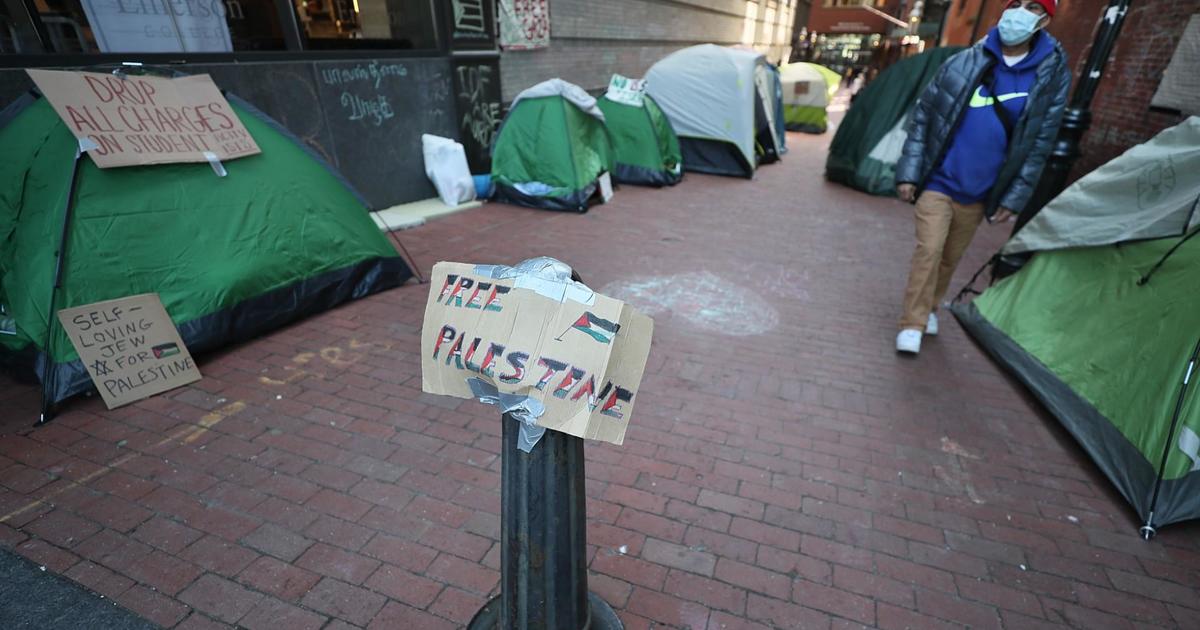Senate President Therese Murray: State Needs To Debate Living Wage
BOSTON (AP) — Massachusetts needs to have a conversation about what constitutes a living wage, Senate President Therese Murray told business leaders Thursday.
In a breakfast speech to the Greater Boston Chamber of Commerce, the Plymouth Democrat noted that lawmakers in Maine recently approved a bill that would raise the state's minimum wage to $9 per hour by 2016, adjusting it annually for inflation after that. The bill has yet to be signed into law.
WBZ NewsRadio 1030's Carl Stevens reports
Senate President Therese Murray: State Needs To Debate Living Wage
In Massachusetts, the minimum wage has been $8 per hour since 2008 and isn't automatically adjusted to inflation.
Murray also pointed to New York, which recently agreed to raise its minimum wage to $9 over the next three years, without tying future increases to inflation. Other cities have passed their own citywide minimum wages that are indexed to inflation, she said.
"By identifying what a living wage is in Massachusetts, we can have a positive impact on families, and especially single parents who are trying to improve the lives of their children," Murray said.
In the speech, Murray also said it's time to take another look at the state's welfare system.
She added the system as it stands now discourages recipients from pursuing independence and includes loopholes "that continue to serve as incentives for individuals to stay on welfare instead of working."
Murray said the Department of Transitional Assistance should shift its focus to training, education, and job placement for welfare recipients while providing "additional assistance to any high-risk recipients in the welfare system, such as teen parents, through trained specialists who can provide a more focused intervention."
The Senate President, citing a federal report showing that nearly 60 percent of Massachusetts residents living paycheck to paycheck, said Gov. Deval Patrick's proposal to raise the income tax to 6.25 percent would only make it harder for low- and middle-income people to make ends meet.
During a recent visit to the Springfield YMCA, Murray said some mothers told her that it was easier for them to stay on welfare than go to work, because a job would often pay less than welfare benefits.
__
Associated Press writer Steve LeBlanc contributed to this report.
Copyright 2013 The Associated Press.



